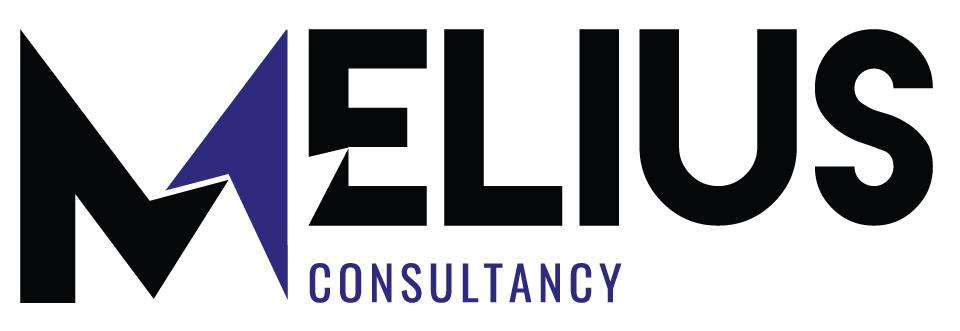Crisis! Managing a crisis?!
How to survive this crisis?
When do you think this will be over?
Questions and Expressions, we have been hearing a lot lately due to the COVID-19 crisis.
And among the very common questions that all entrepreneurs and business owners have been asking: How to sustain our business during the lockdown? How and when to manage this crisis?
We might not solve the problem now, but revealing some insights useful to collaborate as humankind will fit some of our question marks.
Thinking out loud, what would be the main worries that will come to the mind of every business owner or entrepreneur mind at this moment?
Based on a survey done remotely on 50 entrepreneurs and business owners, we received statements such as:
How to maintain revenues? How to pay loans, debts? How to pay our employees salaries and help them sustain as households? How not to go bankrupt? How to maintain a good moral and team spirit? How to make sure the team is safe? How to have a sustainable access to resources: fuel, gas, electricity, internet? How to trust to meet or sit with a stranger even after the lockdown?
Thinking about all these questions, we have to acknowledge that the business crisis and the crisis management will start once the lockdown is over. The real crisis is post COVID-19. Even if we could answer these questions now, will our answers be applicable? Aren’t the answers / solution related to the period of the lockdown, number of infected, approved and tested medical treatment, post crisis supply & demand behavior, …?
Hence, let’s reframe the situation:
First, this crisis is not attacking you personally, your family, your business or employment, or your country. This is a worldwide crisis among 196 countries. It is a crisis that we are all suffering from.
Second, the enemy we are fighting is an invisible enemy: we can’t see it while attacking us, and we can’t even know directly when it attacks us.
Having said this;
Focus on Unity: When we are fighting in an army, we would be much more confident and stronger than fighting alone. Crisis are complex enough that it requires us to fight as team with different expertise. A good practice is to assign a Decision-Making team. Empower the emotional and psychological safety of the team. This will allow a fearless open discussion for ideas and questions.
Adapt Engineering Flexibility: Even is the current structure of the business and some responsibilities must be shifted from the normal and re-engineered. This will help designing a new decision-making process, with full traceability and accountability.
Focus on physical safety, human factor, and empathy: Let’s make sure we and our team are abiding by the safety measures to remain hidden from the invisible enemy, and that all survival elements are reachable and available for the team.
Effective Communication: follow closely the situation. Communicate what we know, what we don’t know, what we are thinking, and what we are waiting for.
Having mentioned earlier that the crisis starts post COVID-19, does it mean to sit back and watch with no plan? Totally the contrary. Waiting for the pandemic to be over to set and implement a plan is wrong. Also setting a sacred plan without any further revision is another mistake. Since we can’t unfold what the crisis hold for us as a surprise, and since we can’t know at this moment how long will the lockdown period be, how many are infected, there will be a cure or no, … a continuous plan setting and crisis management conduct should be applied. All along continuous revision of the situation, foreseeing the next threshold in the crisis, and re-assessment of our original plan in action.
The COVID-19 crisis might last more than expected, and its consequences might be harder than anticipated. The recommended practice now is to establish systems in the corporate field aiming to survive throughout as well as after the crisis.
Ultimately, what we need now is more than a fast action contingency plan. We must set our mentalities and actions in order to avoid exaggeration and look forward.
Ziad HOLAIHEL

